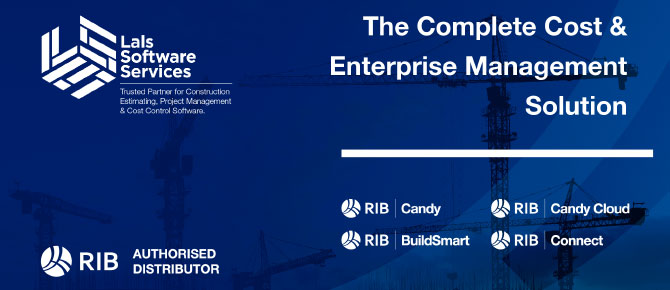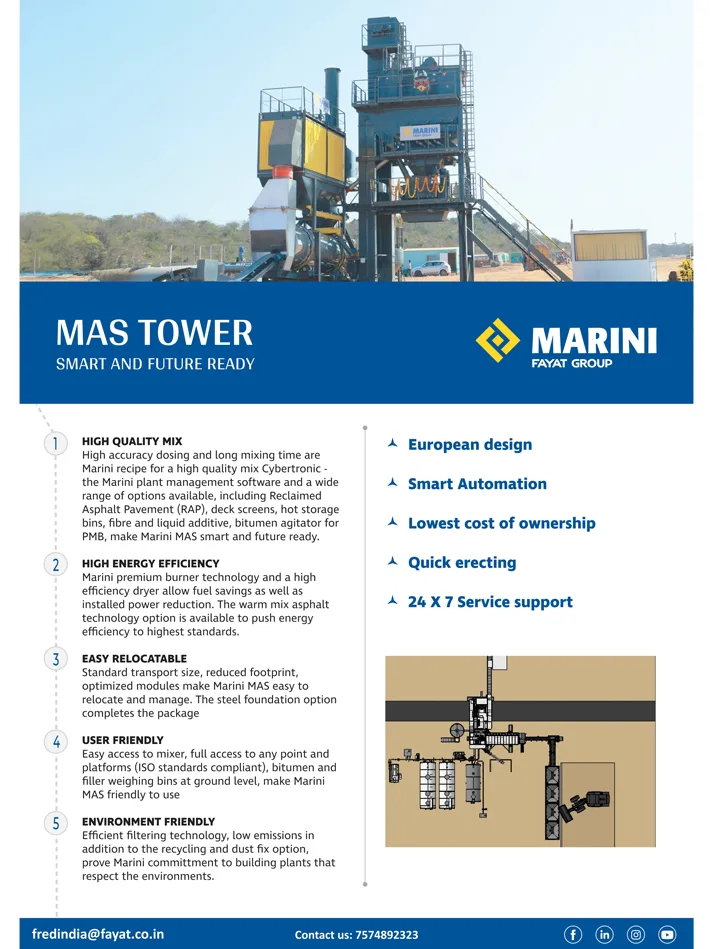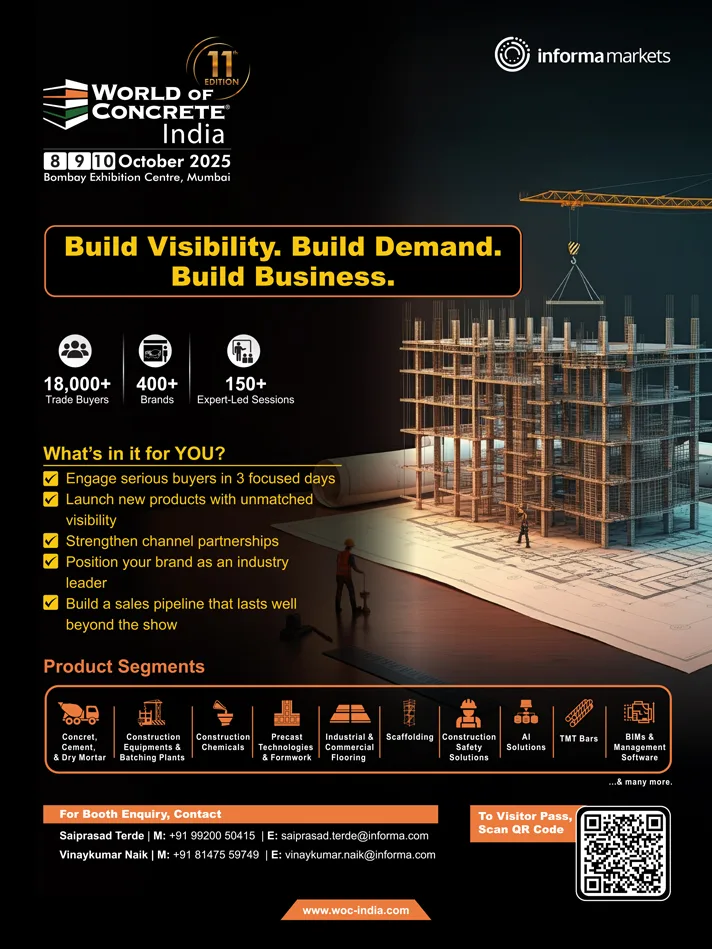
Digital transformation and the power of digital construction

Lalu Varghese, Director & CEO, Lals Software Services (Authorised Distributor – RIB) in India, is a civil engineer with over 40 years of experience in construction estimation and cost control across GCC and South Africa. Lalu shares his insights on Digital transformation and the power of digital construction.
The human race is currently experiencing the greatest period of transformation since the introduction of machine manufacturing in the 18th century. Driven by disruptive technologies and trends, this new era – known as the fourth industrial revolution – is impacting on every aspect of the world. As a result, many industries have begun to harness digital tools designed to give them a competitive edge.
Unfortunately, the adoption of these innovative technologies has been far slower in the construction industry, with construction companies investing only 1% – 1.5% of their turnover on IT compared to 3% – 3.5% on average for other industries. Reasons for this include cost, complexity, and effort but – in an industry notorious for running over time and budget – the benefits of digital transformation cannot be ignored any longer.
The key to implementing effective digital change within the construction industry is called digital construction.
By collating data into one environment and making it accessible to all stakeholders across a project and business, digital construction empowers organisations with software designed to mimic events and test scenarios that will, and could, occur over the duration of a build. Digitising and simulating a project in tandem with its physical construction not only enables transparent collaboration but also improved decision making and proactive change management.
For example, if a client decides to alter the design of a facade midway through a project, digital construction allows you to anticipate the impact this change will have on the overall design, cost, and timing of the build. Providing you with invaluable insights, in real time.
Digital construction takes on many forms:
- from simple messaging to collaboration and document management,
- to cloud based construction ERP solutions,
- and on to leading edge technology like 5D BIM (Building Information Modelling),
- 3D printing,
- robotics or artificial intelligence (AI), which vary in cost and complexity to implement.
However, if digital construction can be implemented in its most basic form, it will allow all parties involved to communicate and share data with greater proficiency for more efficient and cost-effective construction projects. Enabling them to speak a common ‘digital language’. With the economy in a downcycle, it may seem counter-intuitive to invest in new technology now but with capacity available to focus on improving business processes: this is the perfect opportunity to prepare for the future of the construction industry.
For more details contact:
Email: info@ccsasia.com
Website: www.ribccs.com/india












